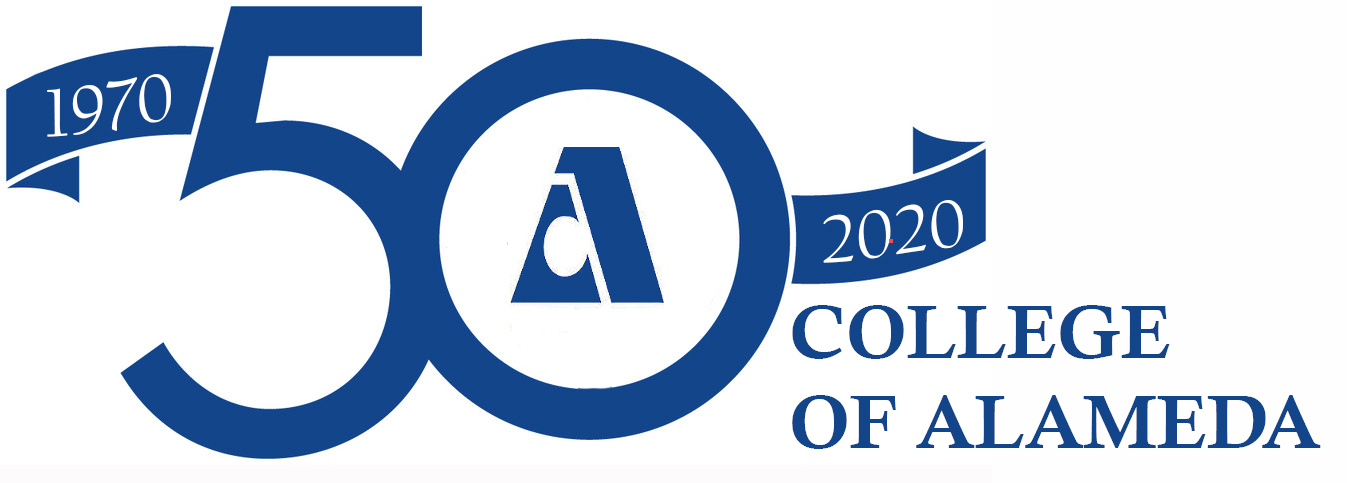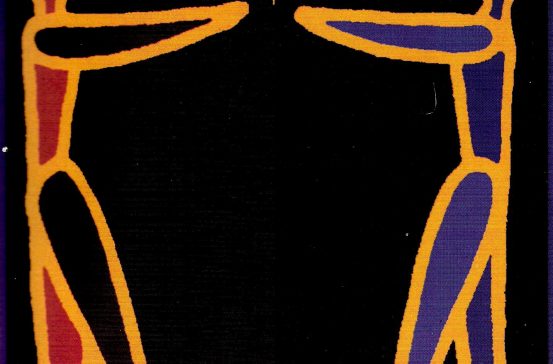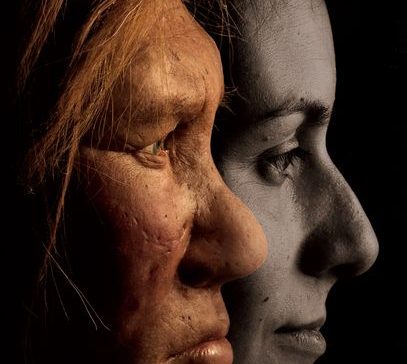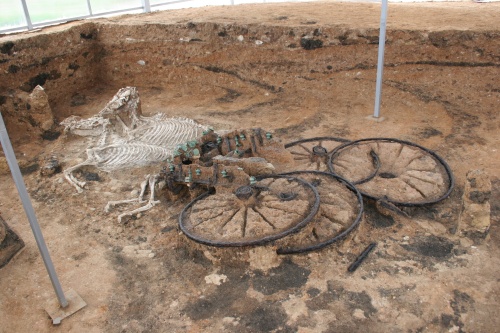Anthropology Program
Anthropology Program at College of Alameda
The Anthropology Program at College of Alameda offer students the opportunity to study humankind from biological, historic, prehistoric and cultural perspectives. Anthropology courses introduce students to the investigation of what it means to be “human” in ways that are personally enriching and have practical applications in their lives.
Anthropology is a vibrant component of a well-rounded education plan for any major because of the unique characteristics of the discipline. Diversity, flexibility, understanding and empowerment are at the heart of the holistic perspective of Anthropology courses.
Courses offered include:
- Anthr 1 Physical Anthropology
- Anthr 1L Physical Anthropology Lab
- Anthr 2 Archaeology
- Anthr 3 Cultural Anthropology
- Anthr 7 Magic, Religion and Witchcraft
- Anthr 19 Sex and Gender
- Anthr 21 Forensic Anthropology (what you see on TV is only part of the story)
- Anthr 48 Field Studies Abroad (destinations change every year)
Anthropology is the study of what it means to be Human, around the world and throughout time. Anthropology students learn about:
- Biological aspects of humans (genetic variation, regional physical variation and biological evolution over millions of years that affect our health and our cognitive abilities)
- Cultural aspects of humans in the past (paleoanthropology, archaeology and evidence of culture change over time)
- Cultural aspects of humans today (social, economic and political structures, belief structures, gender construction and language use)
- Explain core concepts of Anthropology, including biological, socio-cultural and archaeological aspects of the discipline.
- Demonstrate an understanding of the scientific methods (skills) used by contemporary anthropologists.
- Apply holistic perspective to discuss appreciation for the genetic and cultural diversity of humans in the past and present, around the world.
Recommended Pathway to earn an AA-T in Anthropology in two years:
Fall: Semester 1 (16 units)
- Anthr 3 (Major requirement)
- Engl 1A (English Composition requirement)
- Math 13 (Math requirement)
- Music 9 or Art 1, 2, 3, or 4 (Arts requirement)
- Couns 24 or 57 (Life-long learning requirement)
Spring: Semester 2 (14 units)
- Anthr 1 (Major requirement)
- Anthr 1L (Lab requirement)
- Comm 1A (Oral Communication requirement)
- Engl 5 or Comm 5 (Critical Thinking requirement)
- Geog 1 (Physical Science requirement)
- Kin 33 (Transfer elective)
Fall: Semester 3 (15 units)
- Anthr 2 (Major requirement)
- Soc 120 (Major requirement)
- Comm 6 or Afram 30 or 31 (Major elective)
- Hist 7A, 7B, 8A or 8B (US History requirement)
- PoSci 1 or 26 (US or local constitution requirement)
Spring: Semester 4 (15-16 units)
- Anthr 21 (Major elective and Biological Science)
- Anthr 7 or 19 (Major elective and Social Science)
- Humanities 1, 2, 3, 13A or 13B OR Philosophy 5 OR any language (language recommended for further studies)
- Geog 14 OR Psychology or Sociology or Biology course (elective)
- Geog 2 OR Psychology or Sociology or Biology course (elective)
Total 60 transferrable GE units with AA-T Anthropology degree
Anthropology is not a CTE program, but Anthropology courses will help you understand the perspective(s) of the people in your new CTE job.
Earning an AA-T in Anthropology is your first step to entering a well-paid and satisfying career in just about any field that deals with people!
A Bachelor of Arts degree or Master’s degree in Anthropology can open the door to employment in a number of fields, including
- corporate personnel integration,
- cultural resource management,
- education,
- forensic science and Administration of Justice fields,
- human resources,
- international business development,
- marketing,
- museum/gallery curation,
- non-profit management,
- park services (local, regional and national),
- political activism and policy making
- public health,
- public relations work,
- travel and leisure fields,
- The list is limited only by your imagination






